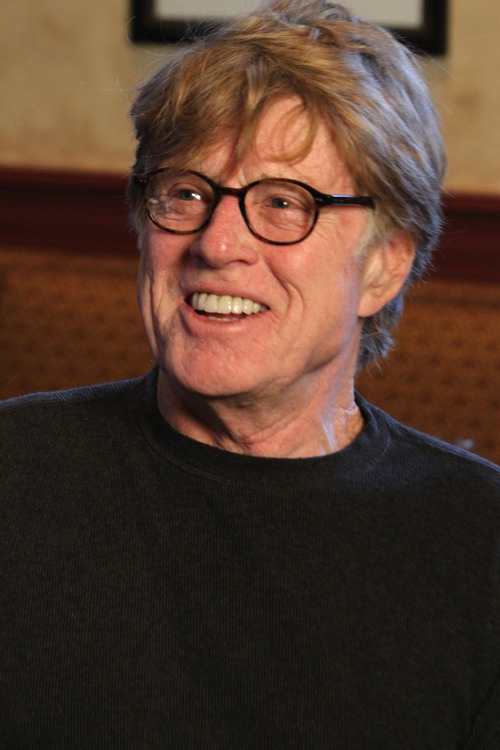This is an archived article that was published on sltrib.com in 2012, and information in the article may be outdated. It is provided only for personal research purposes and may not be reprinted.
We have few places left that represent the raw beauty and the history of our American West like Desolation Canyon in my home state of Utah.
It was designated as a National Historic Landmark in 1968 for good reason. John Wesley Powell explored Desolation Canyon a century earlier, one of the last uncharted places in the lower 48 states. For thousands of years before that, the region was home to American Indian tribes, including the Hopi, Fremont and Ute people. Their pictographs and petroglyphs still line the canyon walls, silent reminders linking us to the most fundamental roots of civilization.
Yet now, much of that is at risk.
The Interior Department is on the verge of approving a Denver company's proposal to drill nearly 1,300 gas wells in northeast Utah.
Denver-based Gasco Energy wants to drill more than 200 of these wells in the Desolation Canyon proposed wilderness area alone. It wants to put more holes into the surrounding plateaus that until now have remained unthreatened for all of history.
Think about the consequences:
Scenic roads throughout the region would suddenly be clogged with diesel trucks and drilling equipment. Debris from drilling and construction of pipelines and service roads would threaten tributaries to the Green River. Sounds of drilling would replace the last vestiges of natural silence and would be heard at Sand Wash, the put-in for recreational river runners vital to Utah's tourism industry. One of the most remote places in America would be despoiled.
Is this what we really want to do to our country? Certainly, it's not what most Americans want.
After the Bush administration in its waning days cynically opened up this region's natural treasures to oil and gas drilling, Americans everywhere protested, filing thousands of public comments in objection. Even though many had never been to Desolation Canyon, they did not want to be the generation that forfeits our past and our country's natural beauty for more profits for the petroleum industry and a few more drops in the bucket.
Yet Gasco and the petroleum industry lobby are strong and their pursuit of profits knows no boundaries. Using their partners in Congress, they're now tapping into Americans' frustration over high gasoline prices to pressure President Obama and Interior Secretary Ken Salazar to approve Gasco's scheme to develop this wild place. Never mind that drilling for natural gas in Desolation Canyon will do nothing to curb the price we pay for oil-based gasoline, which is set on the global marketplace.
There are other options. Salazar should select a different alternative to Gasco's plans. The Interior Department did analyze a feasible drilling plan that conserves Desolation Canyon, but would still allow the company to drill more than 1,100 new natural gas wells on nearly 200,000 acres of land — just not in this sacred place.
Americans everywhere are counting on Salazar to do the right thing. Anyone who cares about our country, its past and the precedent this would set should add their voices, too.
Of course, we all know the threats to our special places will continue as long as we remain addicted to fossil fuels and as long as the oil and gas industry continues spending millions of dollars lobbying Congress to open up more places to drilling.
Today, it's Desolation Canyon and the Arctic. Tomorrow, it's the oceans along just about every inch of coastline in America. Who knows what's next? We have to stop. Now's the time to do it.
Renewable sources like solar and wind are now delivering more energy than ever, creating new jobs along the way. And if entrenched interests and their partners in Congress don't squelch it, we're just getting started.
But along the way, we can't let short-sightedness and the pursuit of profits by special interests destroy incomparable places like Desolation Canyon.
Robert Redford is an actor and activist. This column appeared May 13 in The Denver Post.



